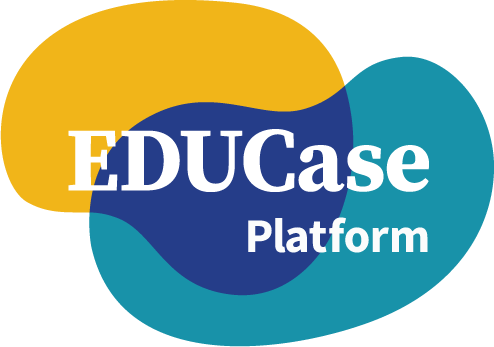Redefining poultry waste in Zambia

The student challenge was part of a collaborative project facilitated by PBL-BioAfrica. PBL-BioAfrica project is focused on enhancing agri-entrepreneurship education in Kenya and Zambia through a problem-based learning (PBL) approach.
The student challenge involved a comprehensive two-week fieldwork in Lusaka, Zambia's capital, with prior background research and subsequent project finalization. The Sustainable Global Technologies (SGT) students from Aalto University worked in conjunction with peers from the University of Zambia (UNZA) and Mulungushi University to explore sustainable solutions to the disposal challenges posed by chicken blood and feathers. Chickens play a pivotal role in Zambia, serving as the primary livestock and protein source for the nation. With a rapidly growing population, poultry production is expected to escalate, intensifying the challenge of managing poultry waste, especially blood and feathers.
A key element of the student challenge was the adoption of the PBL approach, emphasizing the learning process over results and promoting empathy, creativity, and innovation. The fieldwork included various workshops and activities, ranging from icebreakers to more complex sessions such as Empathy and Value Mapping. The students conducted four informative field visits to deepen their understanding of the challenges and potential solutions. Through the visits, the students observed the traditional methods, process of production, learned about waste management practices, and community livelihoods. The field visits provided crucial insights into waste management practices at different levels. Despite the challenges observed, the students found inspiration and a deeper understanding of the complexities involved in managing blood and feather waste. Upon arrival from the field work, the Aalto University team, having learned from Zambian students and experts, synthesized data to formulate proposals aimed at reducing chicken blood and feather waste in Zambia's poultry production.
The fieldtrip served as a cornerstone for the project, offering unparalleled knowledge and experiences. The interactive PBL methods fostered collaboration between the Zambian stakeholders and the engaged students. The collaboration contributed to ongoing activities and enhanced the long-term sustainability of the project. This project illustrates the power of international collaboration and problem-based learning in addressing real-world challenges, leaving an enduring mark on Zambia's poultry industry.
Read more news
Breaking the Darkness: Tackling energy crisis in Lesotho
Lesotho, often called the Kingdom in the Sky due to its high altitude, faces a severe energy crisis, with nearly half of its population lacking access to reliable electricity.
Transforming Interdisciplinary Education: Sustainable Global Technologies (SGT) Across Four Continents
The true impact of our actions often unfolds over time, as demonstrated by the students at the SGT FAIR’24 on May 22. Their work showcased how a single student challenge can drive significant change.
A Global Learning Space: Empowering Students for Responsible Global Engagement
As part of the EDUCase network, the University of Oulu has offered to be the testing ground of a virtual learning initiative that aims to revolutionize virtual learning.
